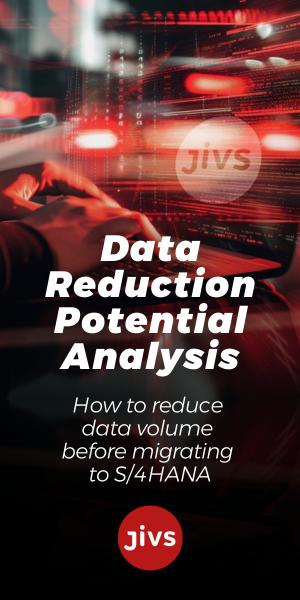Across the UK, manufacturers are focusing on a hot-button issue that affects the entire industry – how can they use technology to enhance and expand their businesses? The desire to fortify essential operations, coupled with the advantages of flexibility, scalability and security offered by a cloud-based model, has become a driving force behind this new industrial revolution.
One significant trend contributing to the popularity of ERP applications, particularly in the mid-market, is the evolution of software as a service (SaaS) products. Software vendors have started to up their game when it comes to the advertising of their own products. The increase in attractive product offerings available and ease-of-deployment associated with SaaS-based ERP solutions have made them not only more accessible but also realistic options for the whole mid-market. No longer is a digital overhaul just a tool for the massive, corporate giants. Every manufacturer, small or mid-size, will be able to find someone willing to take them on as a client.
So what exactly is available to these smaller businesses now? This transition has granted firms the opportunity to gain access to a wider range of options. Advanced business management tools, empowering small-to-medium-sized businesses and fast-growing companies can harness the benefits of enterprise systems that were traditionally more within the reach of larger corporations.
There are three key areas that define the future of work for the UK, here’s how cloud ERP solutions play an integral part in all of them.

Demand for tech
The big selling point of SaaS? It’s not hard to find a vendor, and it’s typically quite easy to deploy whatever software solution is on offer. This selling point has resulted in a surge in the number of industries embracing cloud technology, with many choosing to implement new cloud solutions. Additionally, a significant proportion of businesses operating with on-premises ERP solutions are either in the process of transitioning or planning to migrate to current platforms to the SaaS model. To not even consider a digital transformation in this day and age is to tempt disaster. Staying ahead of the technological curve is paramount for businesses to stay afloat.
The demand for ERP solutions capable of handling intricate multifaceted processes has become particularly pronounced among organizations that need to handle complex production workflows, improve data handling, quality and work production. These organizations seek cloud ERP platforms that go beyond basic management and towards solutions that offer robust functionalities. These functions can help streamline and fortify their business operations, enhance decision-making processes, support automation and ensure compliance with evolving regulatory standards.

Growth and innovation
Another reason ERP systems are worth their weight in gold is their agile nature and the ability to scale with whatever growth the business experiences, no matter how large or small it is. As businesses grow and evolve, their operational requirements become more complex. Cloud ERP solutions that offer flexibility and scalability ensure that organizations can seamlessly adapt to changes in their size, structure and industry landscape.
This adaptability is especially important for mid-sized high-tech and electronic manufacturers striving to stay competitive in markets characterized by rapid innovation. Additionally, cloud ERP platforms offer integrations to facilitate future strategic business requirements such as smart robots, automation, data handling and decision intelligence. An ERP solution is a step towards future-proofing your business.
Eliminate waste and save money
The urgency to meet the UK’s net zero emissions goals by 2050 has heightened the significance of incorporating environmentally responsible and sustainable practices into the core operations of businesses. Cloud ERP systems are being recognized as essential tools for facilitating the transition to more sustainable processes across various manufacturing industries.
Gartner reports that by 2026, 30 percent of enterprises will do their primary environmental, social and governance (ESG) reporting out of their ERP applications. These systems play a vital role in enabling organizations to monitor, analyze and optimize their environmental impact by providing real-time insights into resource consumption and waste.
With cloud ERP systems, you gain valuable insights into changes and variations in raw materials and products within both the sales module and production orders. Additionally, it automates processes to efficiently manage production requirements and purchasing, helping you save time and money and minimize waste.
ERP solutions will keep you afloat
Innovative new technologies and digitally savvy new competition will continue to reshape how the UK makes, moves and sells products. Cloud ERP solutions can help businesses cope with the growing demands of the manufacturing and distribution industries with a scalable platform and enterprise functionality. To this end, customers of reliable ERP systems can benefit from changes in their daily operational processes, as well as receive better insights and management tools for their business – all part of a wider digital transformational agenda.
It can be hard to take that first step on the digital transformation path but your whole business and its processes will be all the better for it.






